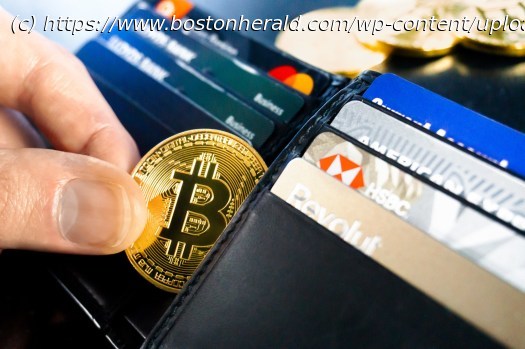The market is enjoying a renaissance thanks to crypto-friendly legislation.
If you wanted a crypto-earning credit card at the end of 2021, you had a blockchain buffet of options. Multiple crypto companies like Gemini and BlockFi had launched cards that earned crypto rewards directly, while more established credit cards tacked on crypto as a redemption option.
But then the so-called crypto winter of 2022 hit, which completely reshaped the cryptocurrency ecosystem, credit cards included. BlockFi’s co-branded credit card was the first domino to fall after the company filed for bankruptcy. Other cards ended the ability to redeem rewards for crypto. By the end of 2024, the crypto credit card market had fizzled, and you could count on a couple of fingers the number of remaining options.
Fast-forward to 2025, though, and an infusion of crypto-friendly legislation seems to have given the market a second wind.
“This comeback of crypto credit cards is likely due to the more accommodating, softer regulatory environment making banks feel comfortable partnering with crypto platforms,” says Tonantzin Carmona, a fellow at the Brookings Institution who focuses on financial and emerging technologies, among other topics.
How long this renaissance will last — and where the market will end up over the next few years — are open questions. But what’s clear is that right now, crypto credit cards are back.Pro-crypto laws, plus eased regulations
The Trump White House is pro-crypto. Members of the Trump family co-founded World Liberty Financial, a cryptocurrency business, and President Trump has his own crypto token. This partiality toward crypto has trickled down into legislation, none more important than the GENIUS Act, which became law in July 2025.
The law makes it easier for banks to transact in stablecoins, a cryptocurrency that is less volatile than other coins because its value is pegged to a real asset such as the U.S. dollar. And indeed, big banks such as JPMorgan Chase, Bank of America® and Citi are considering getting involved in stablecoins.






